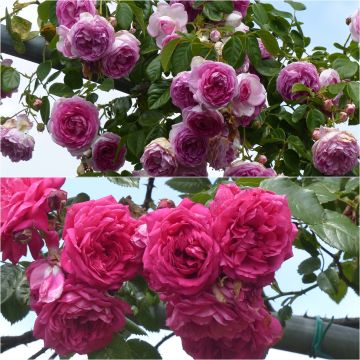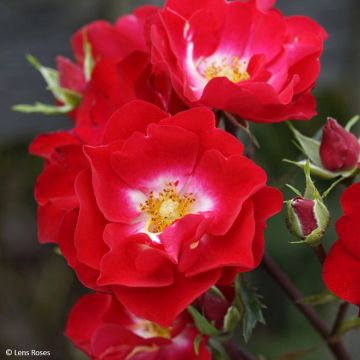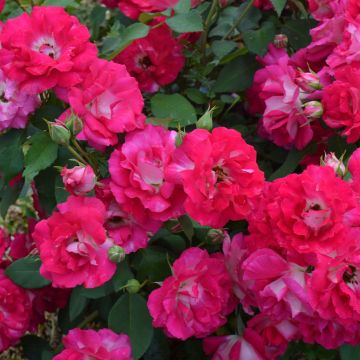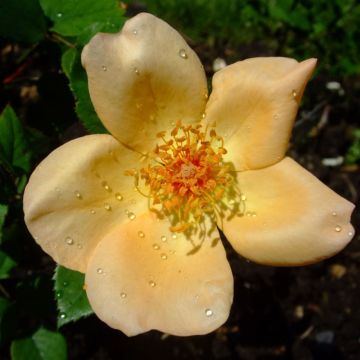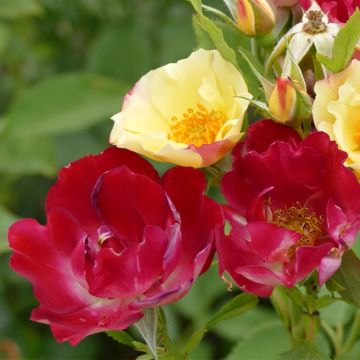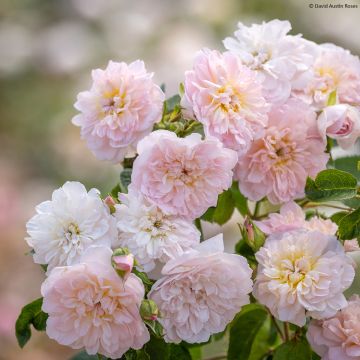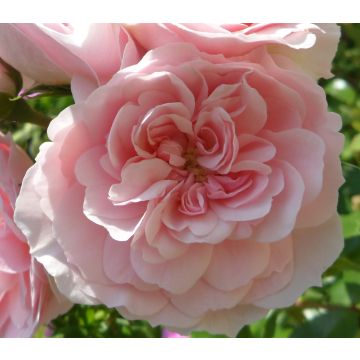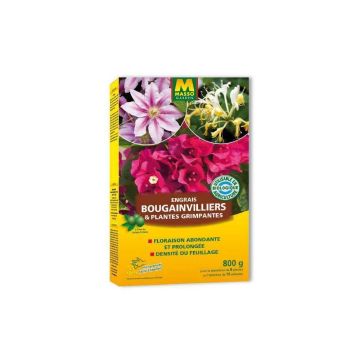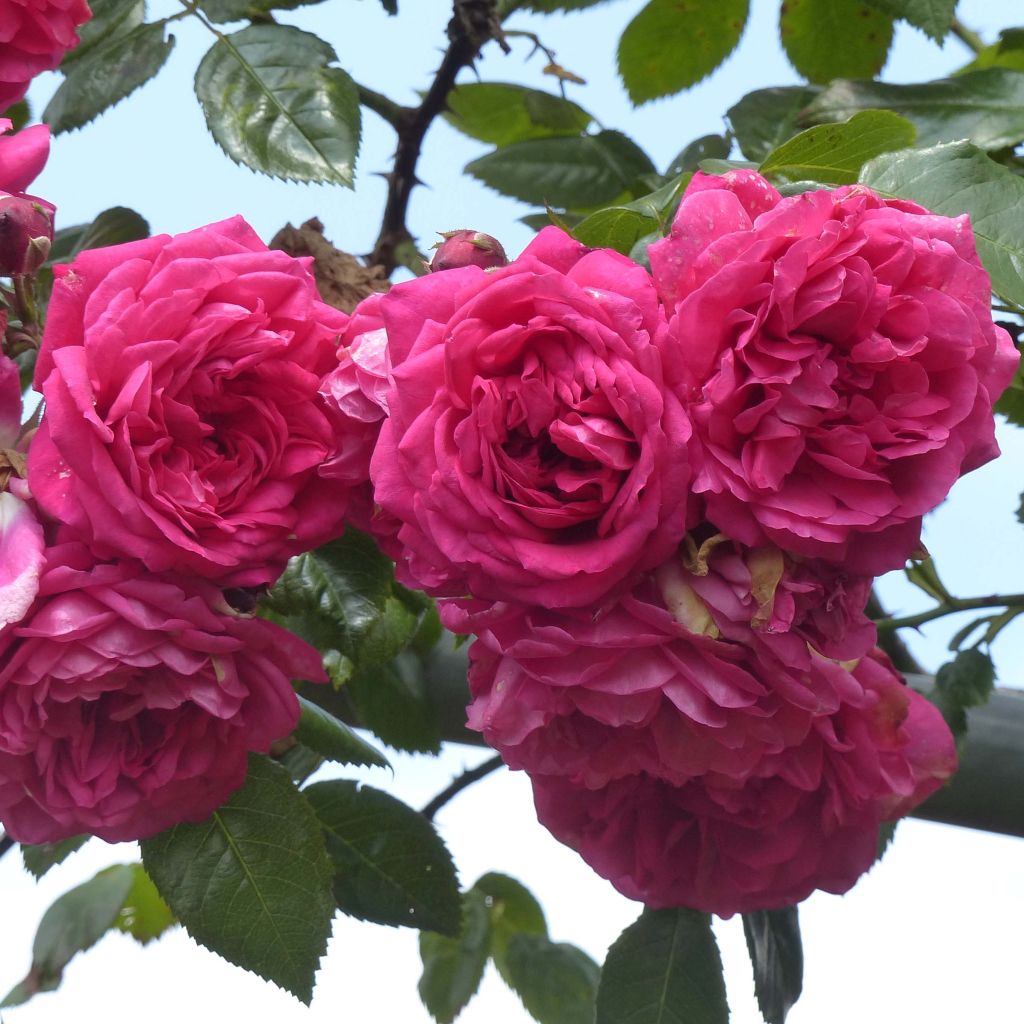

Rosa 'Laguna' - Klettermaxe Climbing Rose
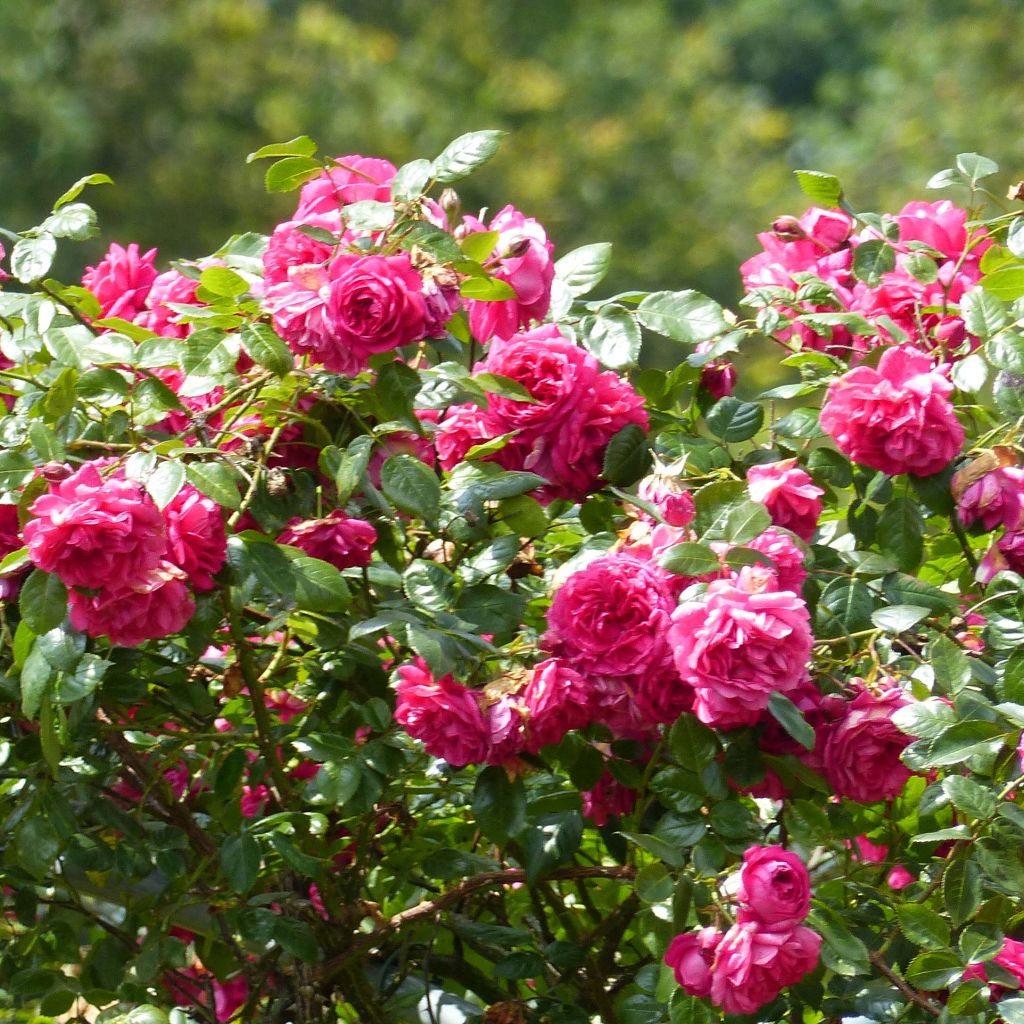

Rosa 'Laguna' - Klettermaxe Climbing Rose
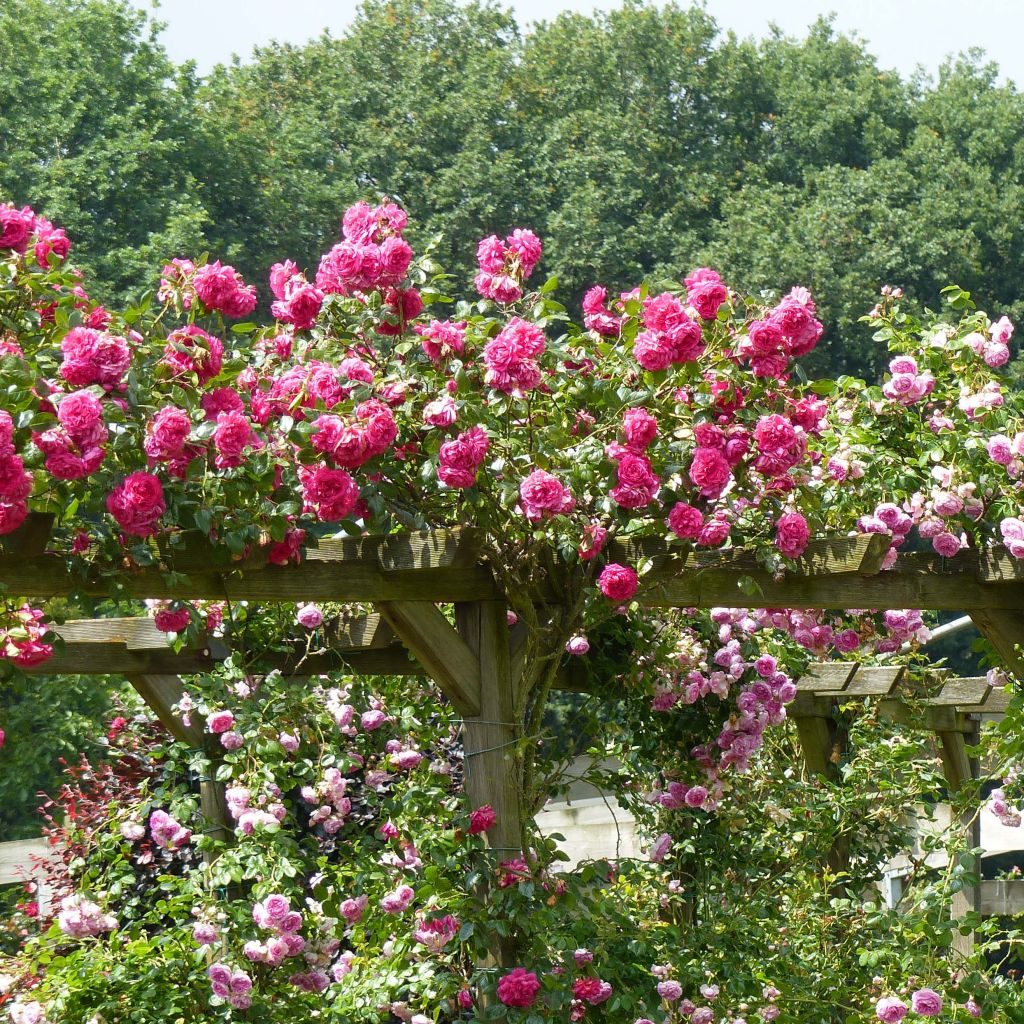

Rosa 'Laguna' - Klettermaxe Climbing Rose
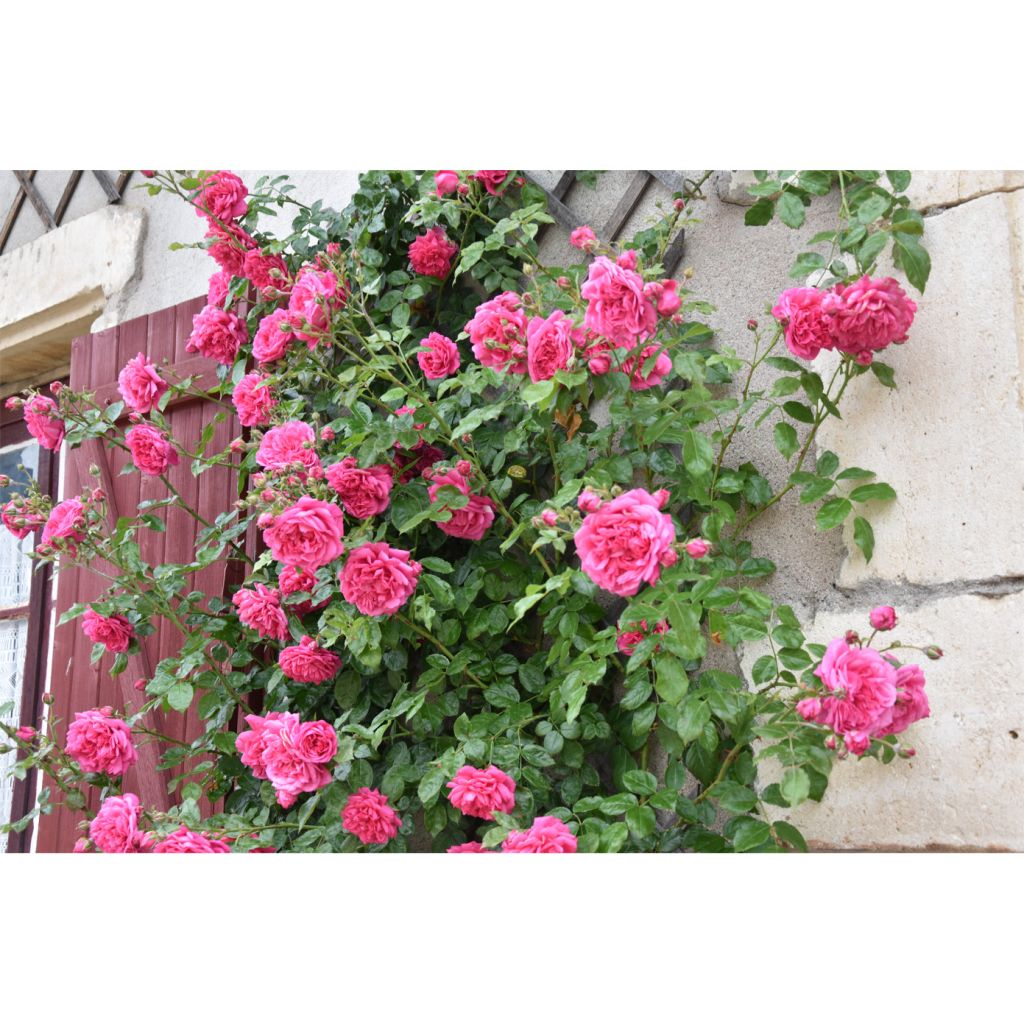

Rosa 'Laguna' - Klettermaxe Climbing Rose
Rosa 'Laguna' - Klettermaxe Climbing Rose
Rosa Laguna® Klettermaxe ® 'KORadigel'
KORadigel
This item cannot be shipped to the selected country
Delivery charge from €5.90
Delivery charge from €5.90
Delivery to Corse prohibited
More information
Schedule delivery date,
and select date in basket
This plant carries a 24 months recovery warranty
More information
We guarantee the quality of our plants for a full growing cycle, and will replace at our expense any plant that fails to recover under normal climatic and planting conditions.
From €5.90 for pickup delivery and €6.90 for home delivery
Express home delivery from €8.90.
From €5.90 for pickup delivery and €6.90 for home delivery
Express home delivery from €8.90.
Delivery to Corse prohibited: UE law prohibits the import of this plant from mainland France to Corse as part of the fight against Xylella fastidiosa. Please accept our sincere apologies.
More information


Does this plant fit my garden?
Set up your Plantfit profile →
Description
The 'Laguna' Climbing Rose is part of the Super Conquerant series, a line of roses developed in Germany by Kordes that are resistant to diseases and combine the floribundity of modern roses with the charm and fragrance of old roses. This rose, full of qualities, obtained the highly demanding A.D.R. label in 2007, guaranteeing excellent health, but it also stands out for the delicious fruity fragrance of its very double flowers. They bloom in generous clusters for 4 to 5 months in successive waves.
The 'Laguna' Climbing Rose or 'Koradigel' belongs to the complex family of old hybrid teas known as large-flowered roses. It is a recent creation, from 2004. It is a climbing rose with a beautiful vigour. It has a flexible habit and thorny stems, often reaching 2.5 metres (8 feet) (sometimes 3m (10ft)) in height and 1 metre (3 feet) in width. Its semi-evergreen foliage, green and shiny, is particularly healthy and perfectly enhances the carmine-pink colour of the flowers. It blooms from June to October as long as it does not lack water. Its 10 cm (4in) roses, grouped in clusters of 6 to 8 units, are full, turbinate, and composed of more than 40 petals arranged in an informal rosette. Their fragrance, pronounced and described as balanced and intoxicating, will be classified in the fruity category, with a strong and classic undertone of old rose.
The Super Conquerant roses deserve a wall exposed to the morning sun or a large structure to support their shower of flowers. They allow for magnificent displays throughout the summer, requiring very little maintenance except for regular watering in summer during periods of high heat and prolonged drought. As structural elements in English gardens, rose arches form beautiful shelters where one can rest while connecting different parts of the garden. Mix or combine them with easy-to-grow large-flowered clematis such as 'Etoile Violette', 'Montana Mayleen', or 'Broughton Star'. They are also good companions for paniculate phlox, delphiniums, foxgloves, catmints, and tall baby's breath.
Report an error about the product description
Rosa 'Laguna' - Klettermaxe Climbing Rose in pictures
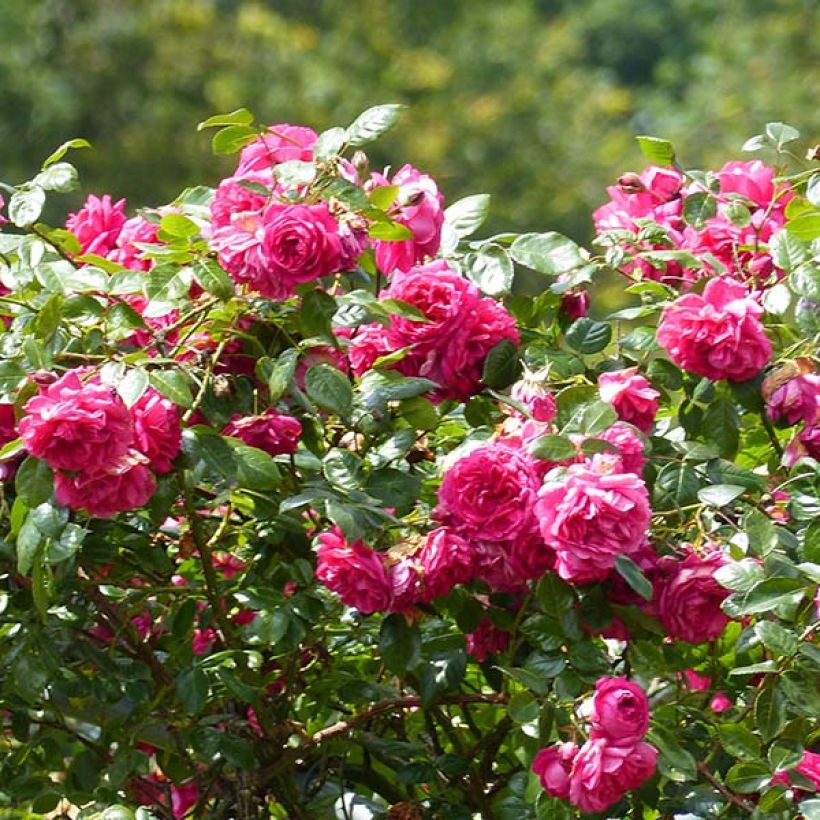

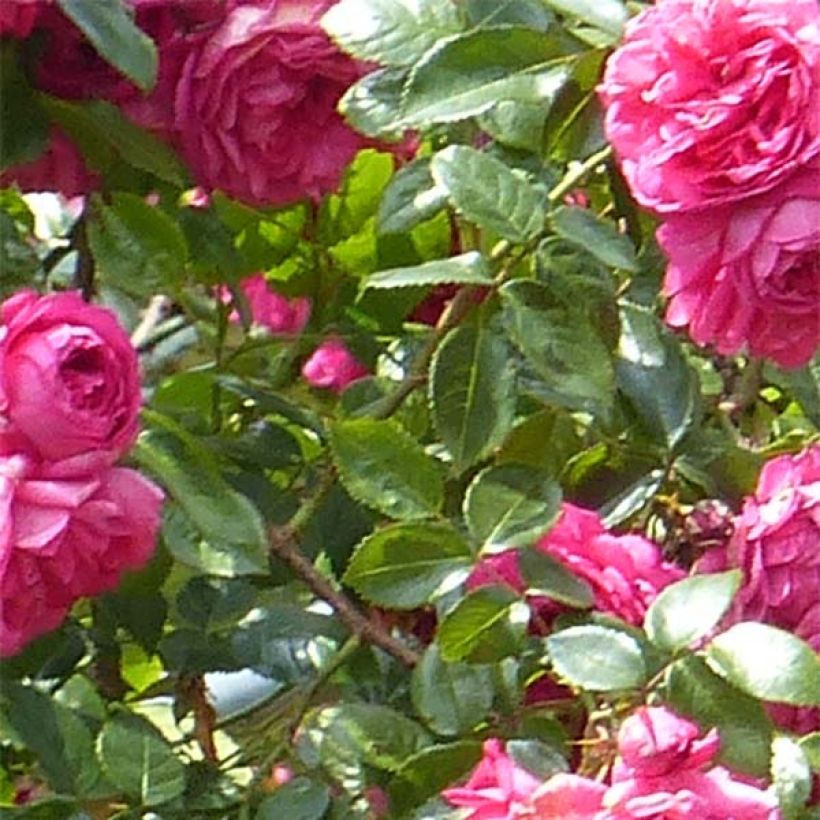

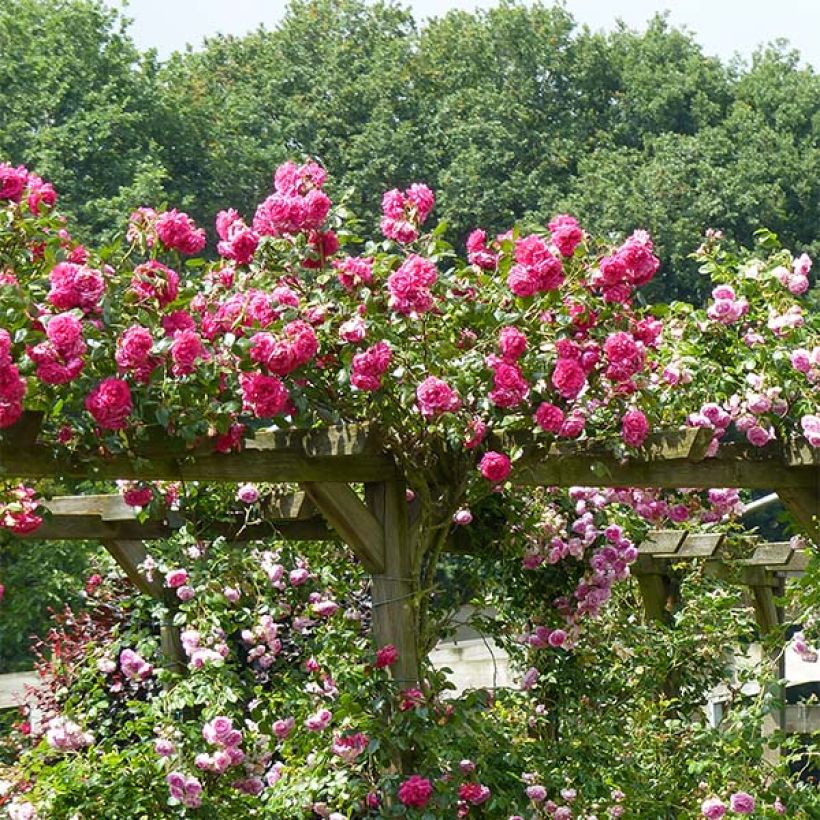

Plant habit
Flowering
Foliage
Botanical data
Rosa
Laguna® Klettermaxe ® 'KORadigel'
Rosaceae
KORadigel
Cultivar or hybrid
Rosa canina Laxa (4L/5L pot, Wrapped bare root)
Other Roses A to Z
Planting and care
Plant the 'Laguna' rose from November to March in ordinary, well-worked, and well-drained soil. Roses prefer clay soils, rather heavy than light. In excessively sandy, compact, or dry soil in summer, it is advisable to incorporate compost or well-rotted manure at the bottom of the planting hole. However, this rose fears waterlogged soils in winter. Install it about 20 cm (8in) from its support in a sunny location, preferably with partial shade. Roses are hungry plants, so using a rose fertiliser will be beneficial at the start of vegetation and throughout the flowering period.
Roses may appear stained or unsightly at the end of summer. However, it is a natural phenomenon that doesn't harm their development.
Planting period
Intended location
Care
-
, onOrder confirmed
Reply from on Promesse de fleurs
Haven't found what you were looking for?
Hardiness is the lowest winter temperature a plant can endure without suffering serious damage or even dying. However, hardiness is affected by location (a sheltered area, such as a patio), protection (winter cover) and soil type (hardiness is improved by well-drained soil).

Photo Sharing Terms & Conditions
In order to encourage gardeners to interact and share their experiences, Promesse de fleurs offers various media enabling content to be uploaded onto its Site - in particular via the ‘Photo sharing’ module.
The User agrees to refrain from:
- Posting any content that is illegal, prejudicial, insulting, racist, inciteful to hatred, revisionist, contrary to public decency, that infringes on privacy or on the privacy rights of third parties, in particular the publicity rights of persons and goods, intellectual property rights, or the right to privacy.
- Submitting content on behalf of a third party;
- Impersonate the identity of a third party and/or publish any personal information about a third party;
In general, the User undertakes to refrain from any unethical behaviour.
All Content (in particular text, comments, files, images, photos, videos, creative works, etc.), which may be subject to property or intellectual property rights, image or other private rights, shall remain the property of the User, subject to the limited rights granted by the terms of the licence granted by Promesse de fleurs as stated below. Users are at liberty to publish or not to publish such Content on the Site, notably via the ‘Photo Sharing’ facility, and accept that this Content shall be made public and freely accessible, notably on the Internet.
Users further acknowledge, undertake to have ,and guarantee that they hold all necessary rights and permissions to publish such material on the Site, in particular with regard to the legislation in force pertaining to any privacy, property, intellectual property, image, or contractual rights, or rights of any other nature. By publishing such Content on the Site, Users acknowledge accepting full liability as publishers of the Content within the meaning of the law, and grant Promesse de fleurs, free of charge, an inclusive, worldwide licence for the said Content for the entire duration of its publication, including all reproduction, representation, up/downloading, displaying, performing, transmission, and storage rights.
Users also grant permission for their name to be linked to the Content and accept that this link may not always be made available.
By engaging in posting material, Users consent to their Content becoming automatically accessible on the Internet, in particular on other sites and/or blogs and/or web pages of the Promesse de fleurs site, including in particular social pages and the Promesse de fleurs catalogue.
Users may secure the removal of entrusted content free of charge by issuing a simple request via our contact form.
The flowering period indicated on our website applies to countries and regions located in USDA zone 8 (France, the United Kingdom, Ireland, the Netherlands, etc.)
It will vary according to where you live:
- In zones 9 to 10 (Italy, Spain, Greece, etc.), flowering will occur about 2 to 4 weeks earlier.
- In zones 6 to 7 (Germany, Poland, Slovenia, and lower mountainous regions), flowering will be delayed by 2 to 3 weeks.
- In zone 5 (Central Europe, Scandinavia), blooming will be delayed by 3 to 5 weeks.
In temperate climates, pruning of spring-flowering shrubs (forsythia, spireas, etc.) should be done just after flowering.
Pruning of summer-flowering shrubs (Indian Lilac, Perovskia, etc.) can be done in winter or spring.
In cold regions as well as with frost-sensitive plants, avoid pruning too early when severe frosts may still occur.
The planting period indicated on our website applies to countries and regions located in USDA zone 8 (France, United Kingdom, Ireland, Netherlands).
It will vary according to where you live:
- In Mediterranean zones (Marseille, Madrid, Milan, etc.), autumn and winter are the best planting periods.
- In continental zones (Strasbourg, Munich, Vienna, etc.), delay planting by 2 to 3 weeks in spring and bring it forward by 2 to 4 weeks in autumn.
- In mountainous regions (the Alps, Pyrenees, Carpathians, etc.), it is best to plant in late spring (May-June) or late summer (August-September).
The harvesting period indicated on our website applies to countries and regions in USDA zone 8 (France, England, Ireland, the Netherlands).
In colder areas (Scandinavia, Poland, Austria...) fruit and vegetable harvests are likely to be delayed by 3-4 weeks.
In warmer areas (Italy, Spain, Greece, etc.), harvesting will probably take place earlier, depending on weather conditions.
The sowing periods indicated on our website apply to countries and regions within USDA Zone 8 (France, UK, Ireland, Netherlands).
In colder areas (Scandinavia, Poland, Austria...), delay any outdoor sowing by 3-4 weeks, or sow under glass.
In warmer climes (Italy, Spain, Greece, etc.), bring outdoor sowing forward by a few weeks.



































